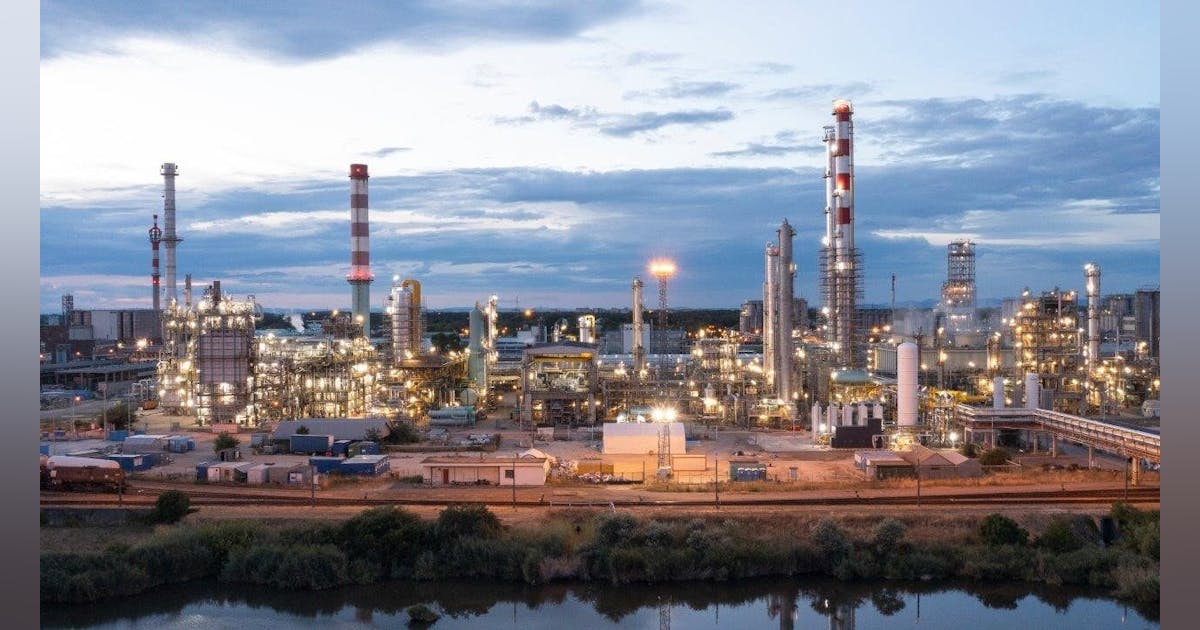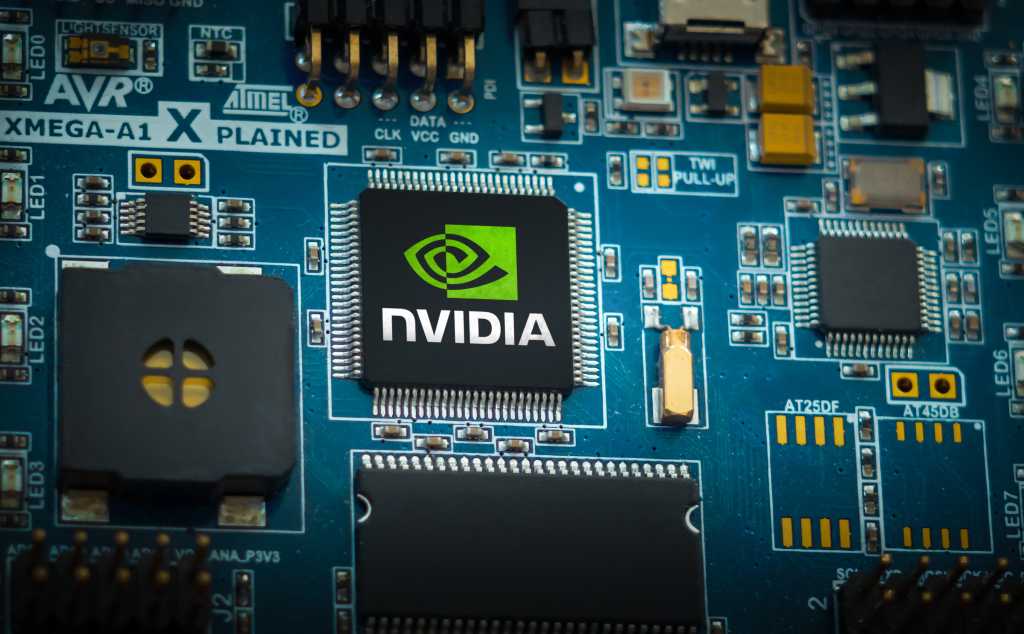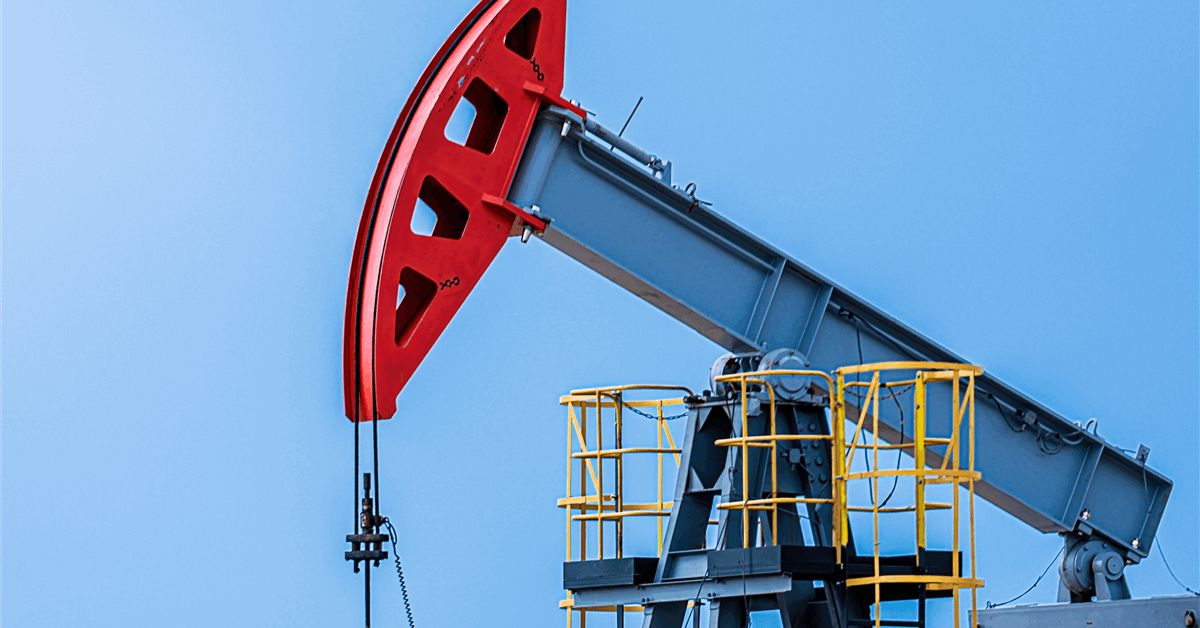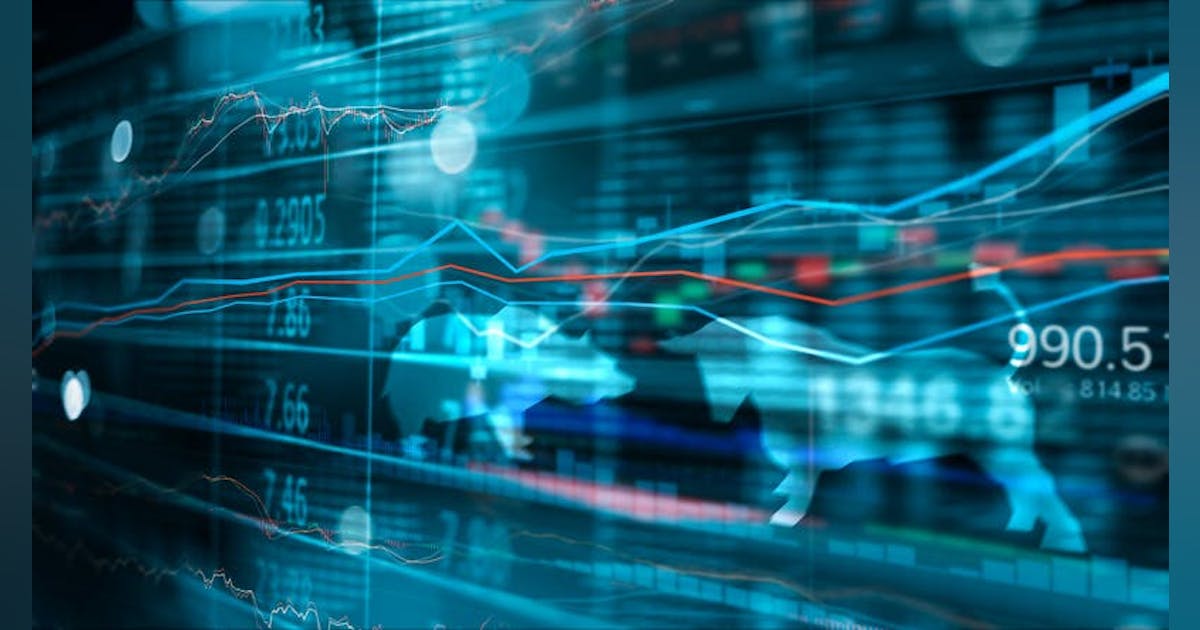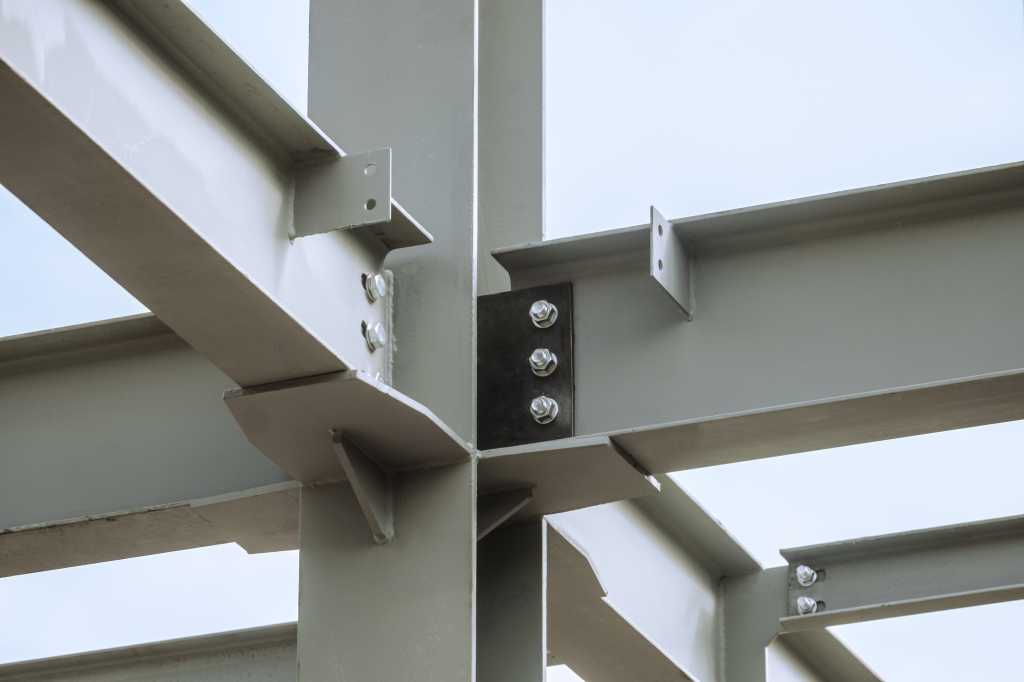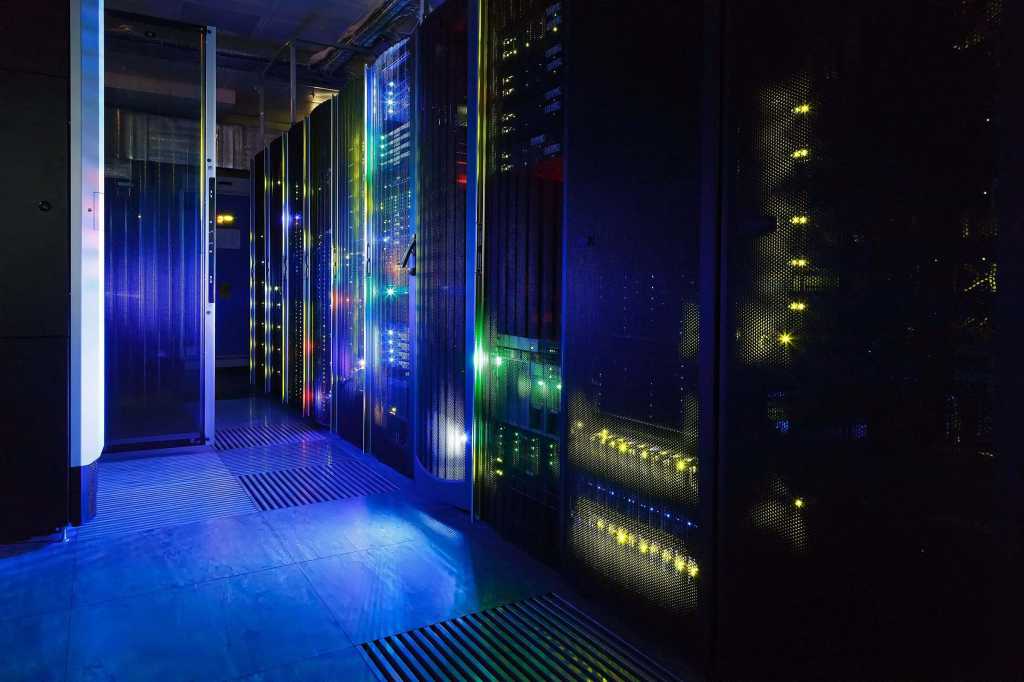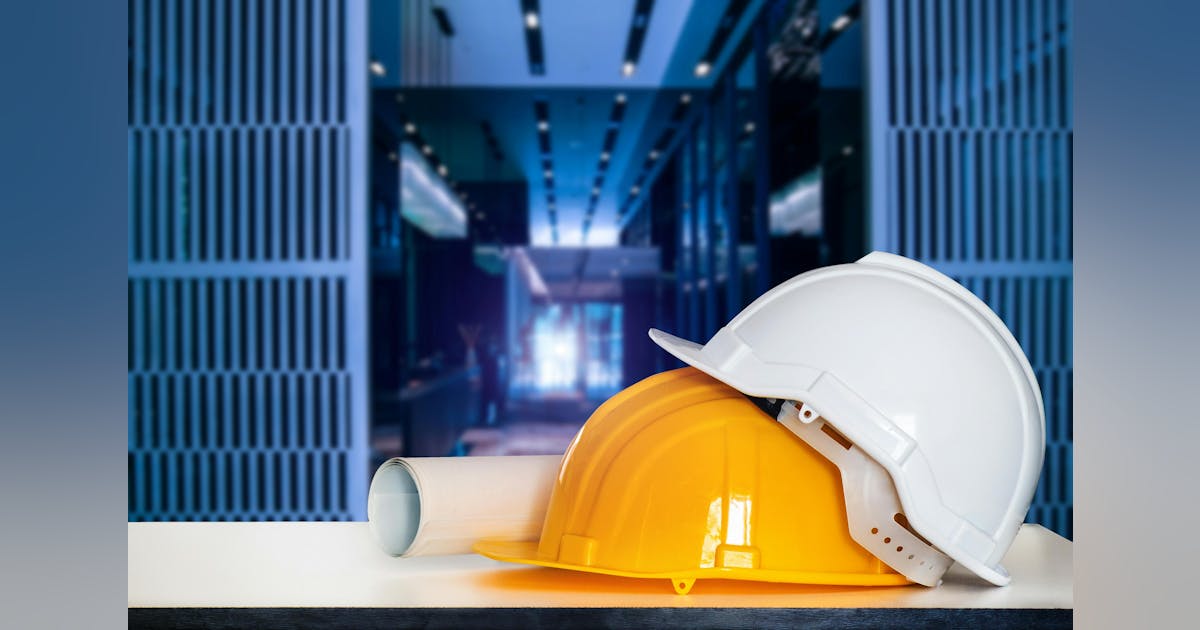
Aramco announced, in a statement posted on its site recently, that it has signed an $11 billion lease and leaseback deal involving its Jafurah gas processing facilities with a consortium of international investors.
The consortium is led by funds managed by Global Infrastructure Partners (GIP), a part of BlackRock, Aramco highlighted in the statement. As part of the transaction, a newly formed subsidiary, Jafurah Midstream Gas Company (JMGC), will lease development and usage rights for the Jafurah Field Gas Plant and the Riyas NGL Fractionation Facility, and lease them back to Aramco for a period of 20 years, the statement noted.
JMGC will receive a tariff payable by Aramco in exchange for granting Aramco the exclusive right to receive, process, and treat raw gas from Jafurah, Aramco said in the statement, which highlighted that the company will hold a 51 percent majority stake in JMGC, with the remaining 49 percent held by investors led by GIP.
The transaction will not impose any restrictions on Aramco’s production volumes, according to the statement. Aramco noted in the statement that the deal is “expected to close as soon as practicable, subject to customary closing conditions”.
Jafurah is the largest non-associated gas development in the Kingdom of Saudi Arabia, Aramco highlighted in the statement, pointing out that it is estimated to contain 229 trillion standard cubic feet of raw gas and 75 billion Stock Tank Barrels of condensate. In the statement, Aramco described Jafurah as a “key component in Aramco’s plans to increase gas production capacity by 60 percent between 2021 and 2030, to meet rising demand”.
Aramco President and CEO Amin H. Nasser said in the statement, “Jafurah is a cornerstone of our ambitious gas expansion program, and the GIP-led consortium’s participation as investors in a key component of our unconventional gas operations demonstrates the attractive value proposition of the project”.
“This foreign direct investment into the Kingdom also highlights the appeal of Aramco’s long-term strategy to the international investment community. As Jafurah prepares to start phase one production this year, development of subsequent phases is well on track,” he added.
“We look forward to Jafurah playing a major role as a feedstock provider to the petrochemicals sector, and supplying energy required to power new growth sectors, such as AI data centers, in the Kingdom,” he continued.
Bayo Ogunlesi, Chairman and CEO of GIP, said in the statement, “we are pleased to deepen our partnership with Aramco with our investment in Saudi Arabia’s natural gas infrastructure, a key pillar of global natural gas markets”.
“Today’s announcement builds upon BlackRock and GIP’s longstanding relationship with Aramco to serve growing market needs for cleaner fuels, energy security and energy affordability,” he added.
Aramco said in its statement that “the opportunity to invest in one of the region’s most significant natural gas developments garnered significant interest from investors worldwide”. Co-investors in the transaction include leading institutional investors from Asia and the Middle East, the company added.
“When completed, the transaction will support the optimization of Aramco’s assets and capture additional value from the development of the Jafurah gas field,” Aramco said in the statement.
Aramco went on to note in the statement that GIP’s mid-market infrastructure equity team “has a robust, long-term track record of successful investments in the Middle East”.
“This investment also builds upon the strong existing relationship between Aramco and BlackRock,” Aramco added.
“In 2022, BlackRock co-led a consortium of investors in a separate minority investment in Aramco Gas Pipelines Company,” Aramco pointed out.
In its second quarter and half year results statement, which was posted on its site last month, Aramco reported an adjusted net income of $24.5 billion for the second quarter of the year and $50.9 billion for the first half. Aramco’s adjusted net income stood at $28.4 billion in the second quarter of last year and $56.5 billion in the first half of 2024, the results statement showed.
“Aramco’s resilience was proven once again in the first half of 2025 with robust profitability, consistent shareholder distributions and disciplined capital allocation,” Nasser said in the company’s latest results statement.
“Despite geopolitical headwinds, we continued to supply energy with exceptional reliability to our customers, both domestically and around the world,” he added.
In a statement posted on its site back in May, Aramco announced the signing of 34 Memoranda of Understanding (MoUs) and agreements “with major U.S. companies”. The company outlined in the statement that these MoUs have “a potential total value of approximately $90 billion”.
“The MoUs and agreements cover collaborations and partnerships relating to a range of Aramco’s activities, including Liquefied Natural Gas (LNG), fuels, chemicals, emission-reduction technologies, Artificial Intelligence (AI) and other digital solutions, manufacturing, asset management, short-term cash investments, and procurement of materials, equipment, and services,” Aramco said in the statement.
“The MoUs and agreements aim to build on the longstanding relationship between Aramco and U.S. companies, enhance shareholder value, and foster further collaboration and innovation in the energy sector and beyond,” it added.
Companies that signed MoUs included ExxonMobil, Sempra Infrastructure, NextDecade, SLB, Baker Hughes, McDermott, Halliburton, Nabors, and Weatherford, the statement highlighted.
In a statement posted on its site back in January, Aramco announced that it had signed 145 agreements and MoUs valued at around $9 billion at the In-Kingdom Total Value Add (iktva) Forum & Exhibition 2025.
“The agreements and MoUs are expected to advance the localization of goods and services in Saudi Arabia, boosting local content in the supply chain and fostering collaboration,” Aramco noted in that statement.
Aramco describes itself on its site as one of the world’s largest integrated energy and chemicals companies. The business has a total workforce of more than 75,000 people and “manages Saudi Arabia’s unique hydrocarbon reserves base”, the company’s website shows.
To contact the author, email [email protected]

